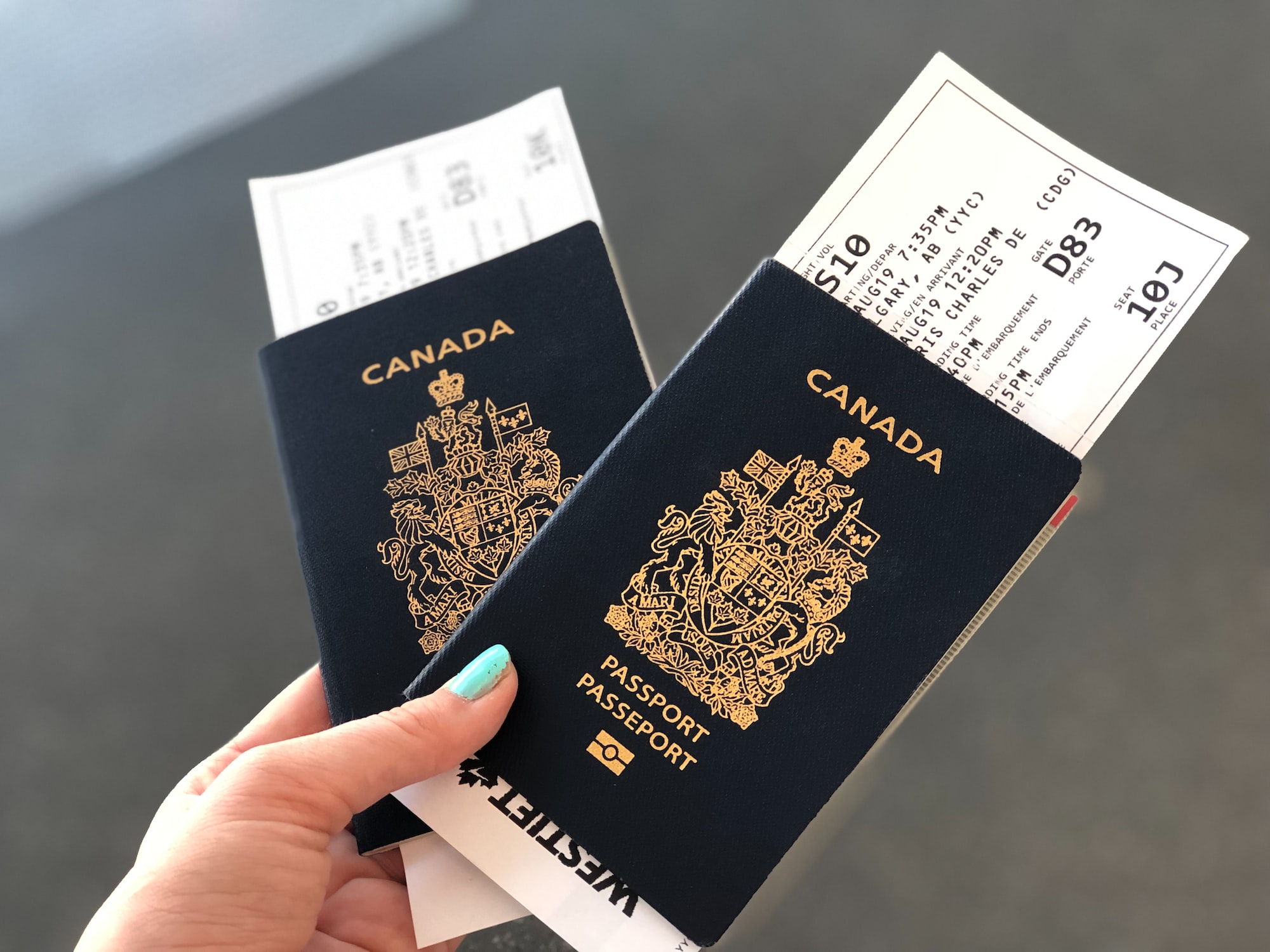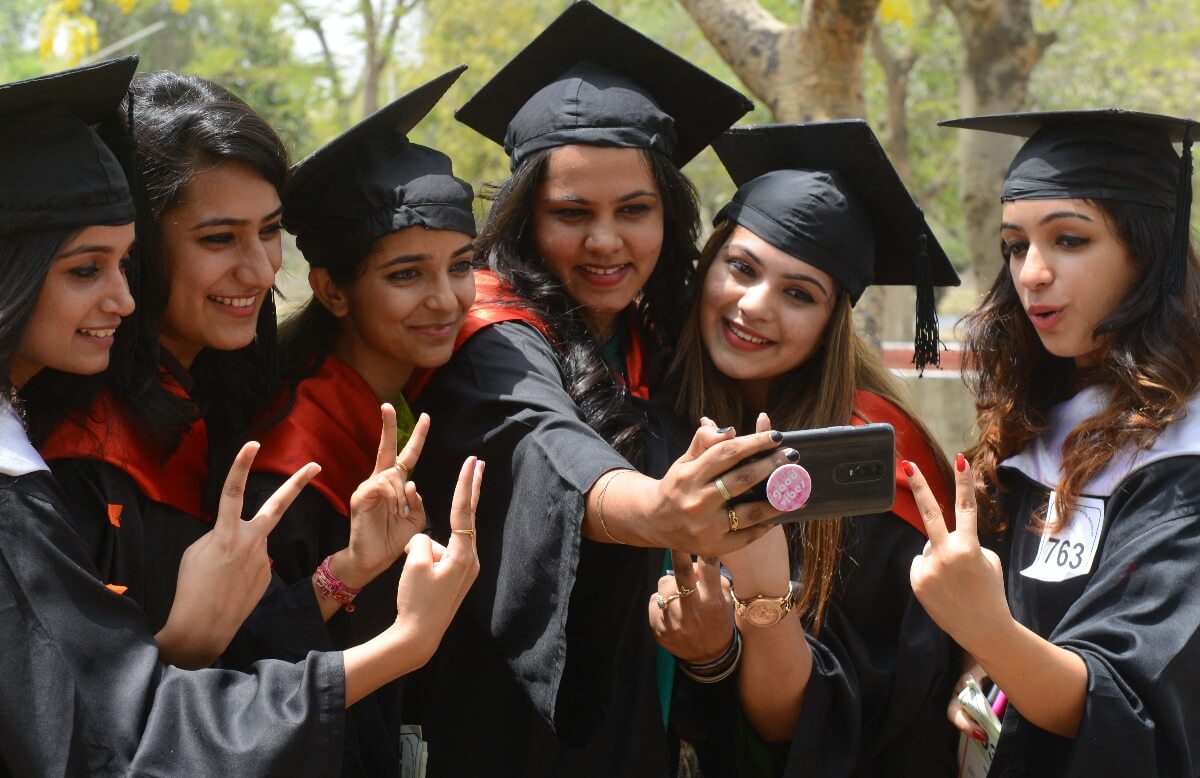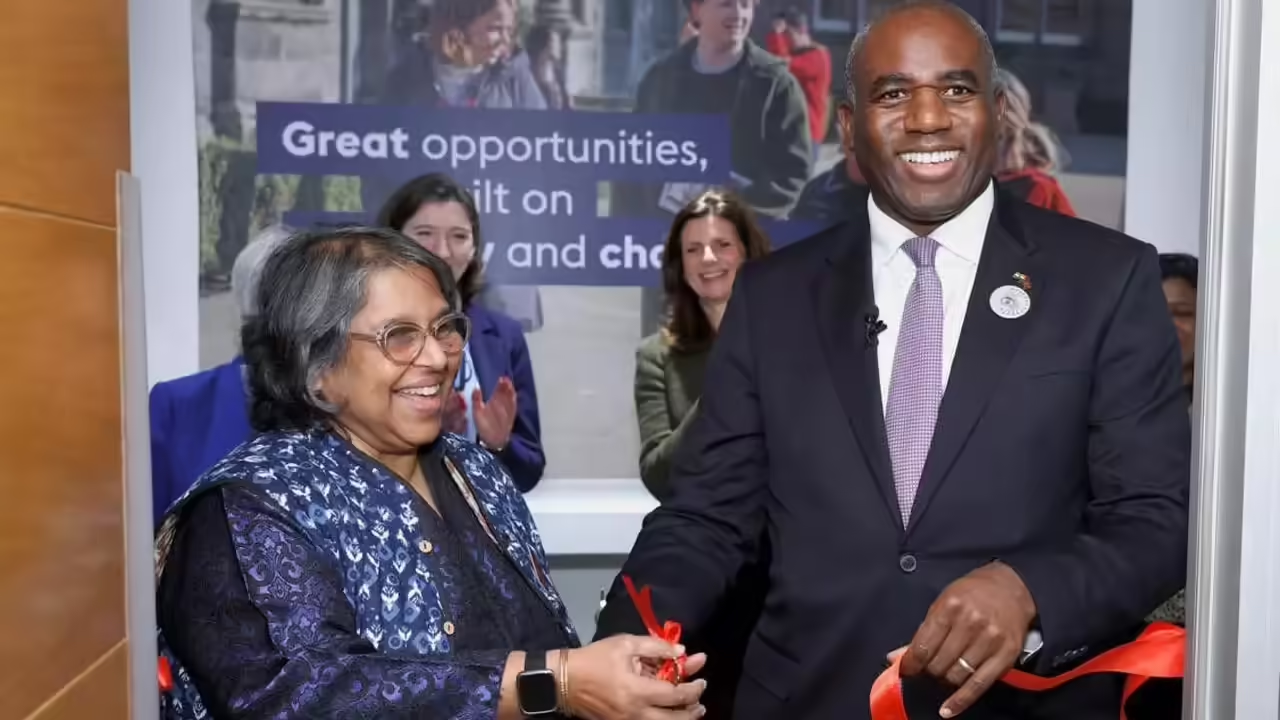-
Trudeau’s pronouncement swiftly captured the attention of the international media and triggered a storm of discussions on social media
-
What sets this incident apart is that Canada has accused the Indian government, not a private vigilante group or organization, of murder on foreign soil
The allegations made by Canadian Prime Minister Justin Trudeau regarding the Indian government’s alleged involvement in the murder of Hardeep Singh Nijjar, a Canadian national, have ignited a significant international controversy. Trudeau firmly stated, “Any involvement of a foreign government in the killing of a Canadian citizen on Canadian soil is an unacceptable violation of our sovereignty.” In response, the Canadian foreign ministry expelled an Indian diplomat, identified as the head of India’s foreign intelligence agency, the Research and Analysis Wing (RAW), in Canada, as reported by Sushil Aaron, a writer and policy analyst in The Wire.
Trudeau’s pronouncement swiftly captured the attention of the international media and triggered a storm of discussions on social media. What sets this incident apart is that Canada has accused the Indian government, not a private vigilante group or organization, of murder on foreign soil.
The victim, Hardeep Singh Nijjar, was a Sikh leader and was labeled a terrorist by the Indian government. New Delhi claimed that he was the mastermind behind the separatist militant group, Khalistan Tiger Force, and he was implicated in multiple terrorist cases, with an Interpol notice designating him as a “key conspirator” in a 2007 cinema bombing in Punjab.
From Canada’s perspective, the Modi government appeared to have breached established diplomatic norms. There are established protocols for dealing with terrorists residing in foreign countries, and Trudeau’s stance likely reflects the belief that one should not resort to extrajudicial actions if those processes fail. International norms and diplomatic rules should be followed, and political elites should not create domestic political crises for each other.
However, as The Wire reported, this controversy may not alter the Western world’s public support for Indian Prime Minister Narendra Modi, even if private concerns persist.
Nonetheless, this incident will carry repercussions for Indian immigrants on a broader scale. Approximately 18 million Indians reside abroad, with over 210,000 gaining permanent residency in Canada in 2021 and 2022.
Such a high-profile incident inevitably brings unwelcome scrutiny to the Indian diaspora, a phenomenon well understood by Chinese nationals living in Western countries. Trudeau, in his statement, emphasized that Canada was collaborating closely with its allies on this “very serious matter.” As a signatory to the Five Eyes intelligence-sharing agreement alongside the US, the UK, Australia, and New Zealand, Canada may coordinate with law enforcement agencies from these countries to monitor organized diaspora activities and their connections to Indian political parties and the government in light of these dramatic developments.
In recent times, there have been several unsettling incidents involving Indian-origin immigrants. Symbolic support for the demolition of Muslim homes in India by the BJP government was displayed at a parade in New Jersey. Violent communal clashes occurred in Leicester, UK, last year, and Sikh-Hindu clashes took place in Sydney this year. Additionally, reports have surfaced regarding the defacement of Hindu temples in Australia, investigated by police in Queensland.
Foreign governments will be vigilant in determining whether such incidents arise organically or are incited by foreign actors.
Trudeau’s statement is likely to further polarize various Indian-origin diaspora groups. Sikh and other minority groups may rally against Hindu nationalist organizations and exert pressure on foreign governments to take action against them, while the Hindu Right may mobilize and lobby in response. All parties involved may find themselves subject to heightened scrutiny and regulation by Western bureaucracies. Importing illiberal norms and practices and shaping the political landscape of host countries in undesirable ways could potentially provoke anti-immigrant sentiments, a situation that Indians abroad have managed to avoid thus far.
**************************************************
Readers
These are extraordinary times. All of us have to rely on high-impact, trustworthy journalism. And this is especially true of the Indian Diaspora. Members of the Indian community overseas cannot be fed with inaccurate news.
Pravasi Samwad is a venture that has no shareholders. It is the result of an impassioned initiative of a handful of Indian journalists spread around the world. We have taken the small step forward with the pledge to provide news with accuracy, free from political and commercial influence. Our aim is to keep you, our readers, informed about developments at ‘home’ and across the world that affect you.
Please help us to keep our journalism independent and free.
In these difficult times, to run a news website requires finances. While every contribution, big or small, will makes a difference, we request our readers to put us in touch with advertisers worldwide. It will be a great help.
For more information: pravasisamwad00@gmail.com








